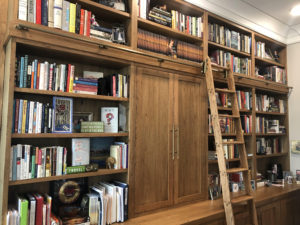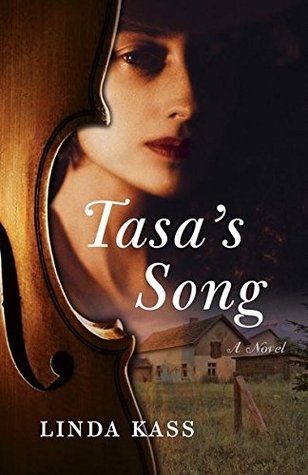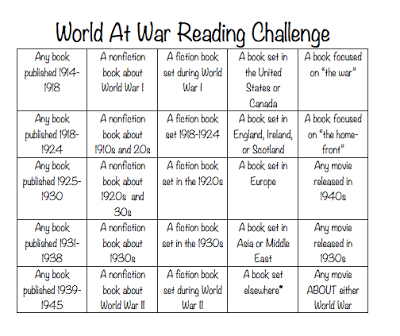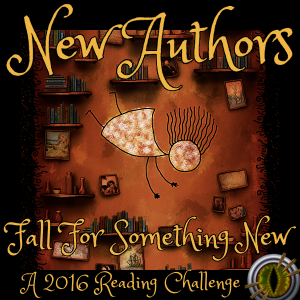Linda Kass is visiting the blog to share her writing space with us today. She has a new novel, A Ritchie Boy, out in the world today from She Writes Press. If you’ve read this blog for any length of time, you’ll already know that I have an affinity for WWII era stories, and Kass’s novel fits into that desire to read about that historical period. Also, enter the giveaway below.
Synopsis:
In this moving and memorable novel-in-stories—inspired by her father’s life—Linda Kass shares the little-known account of the Ritchie Boys. Often Jewish German-speaking immigrants, the Ritchie Boys worked in US Army Intelligence and helped the Allies win World War II.
A RITCHIE BOY follows the life of Eli Stoff. From facing down the anti-Semitism of Austrian classmates in 1938 to his family’s lucky escape; from arriving and assimilating in America to joining the Allied war effort; from the heartbreak of leaving family behind in Austria to setting down his roots in the Midwest, this is the story of a boy becoming a man, and of Eli’s journey from one homeland to another. In A RITCHIE BOY, Kass crafts an achingly powerful, beautifully wrought novel about war, survival, immigration, and hope.
“I devoured A Ritchie Boy over a single weekend. What a rich, beautiful book Linda Kass has written. I found such poignancy and delight in every facet of these characters’ lives. This is first-rate historical fiction.” —Alex George, national and international bestselling author of A Good American and The Paris Hours.
Please give Linda Kass a warm welcome.
When I moved into our condo, I was determined that my writing space would allow me to be creative and comfortable. I wanted an entire wall to be a library for my prodigious book collection. Since I write historical fiction and do a great deal of research, it was important to me to have so many resources right at my fingertips. I even have a section of books on writing that includes everything from Robert Caro’s Working, about his experiences researching and writing The Power Broker and The Years of Lyndon Johnson to Aristotle’s Poetics and The Art of Time in Fiction (Joan Silber).
Speaking of time, given how much of it I spend sitting in front of my laptop, I wanted a stand-up desk that raises up at the push of a button. That desk surface faces a window so I can look outside and imagine. I can also look to the right of my laptop and see a framed photograph of my father in his ROTC uniform before he left his university to join the US Army. His life inspired my new novel, A Ritchie Boy, about one young immigrant’s journey to American in 1938 and his role as one of the Ritchie Boys, often Jewish German-speaking immigrants who worked in Intelligence and helped the Allies win World War II.
I can also pivot in my chair to a much larger and prettier desk where I can spread out all my papers and books. Under this desk, rests my mini labradoodle, Wally, who keeps me company every moment I am writing. When I hear him moving about, I know it is time to take a break from my writing space and take a walk around the neighborhood!

Photo Credit: Lorn Spolter
About the Author:
LINDA KASS, who began her career as a journalist, is the author of the historical novel TASA’S SONG, which Booklist praised, saying “Kass depicts a heartbreaking time with great sensitivity and detail in this beautifully rendered historical drama." Publishers Weekly called it “. . . a memorable tale of unflinching courage in the face of war—and the power of love and beauty to flourish amid its horrors.” Kass is the founder and owner of Gramercy Books, an independent bookstore in central Ohio. Visit her website.
You can also read an excerpt of A Richie Boy.
I previously reviewed Tasa’s Song.
Enter below with a comment about why you want to read A Ritchie Boy by Sept. 7 Sept. 23 at 11:59 pm EST. Must be 18 years or older and a U.S. resident with a U.S. mailing address.











